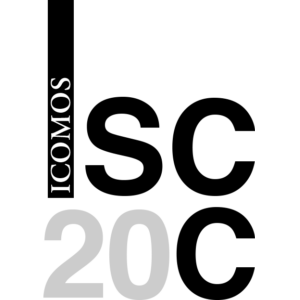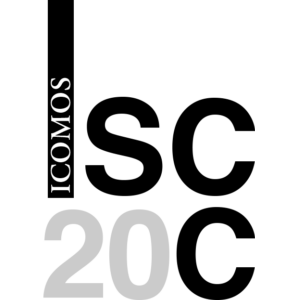New Forms of Urban Living within the Twentieth-Century Historic Thematic Framework, as part of Rapid Urbanization and the Growth of Large Cities
This regional seminar is part of the online seminar series "Exploring the Twentieth-Century Historic Thematic Framework in European Context". The seminar is hosted by the ICOMOS Turkey National Scientific Committee on 20th Century Heritage and Istanbul Technical University.
Centered around Theme 1 of the ISC20C Historic Thematic Framework “Rapid Urbanization and the Growth of Large Cities”, this seminar focuses on urban development and diversity. Worldwide dramatic changes in the built environment accompanied this urban growth, as cities densified and new forms of living, working, producing and getting from place to place emerged. The new, emerging profession of urban planning delivered new towns and cities, extensive public housing estates, and urban redevelopment proposals that showcased new zoning, urban design concepts,public parks, civic landscapes and building technologies and forms. In turn, some of these zones lost their novelty and use rapidly and became obsolete and/or transformed within the 20th century.
Rapid urbanization is a local issue with different parameters and dates in each country and city. World War I was the first breaking point in Europe. Rapid urbanization in Central Europe and Russia was the result of industrial development whereas for new nation states such as Turkey, building a new capital and the goal of establishing planned and modern cities caused countrywide urbanization. World War II became the second breaking point for Europe. The wide scale destruction in Europe, brought the need for rapid development in city centers and suburbs. For peripheral countries, such as Turkey, rapid urbanization due to mass migration to cities as a result of industrialization and mechanization of agricultural production, was another important factor. In each case, each country or state provided their local solutions to the problem presented by rapid urbanization.
The seminar expands the subject, presenting examples from the different geographical areas, focusing on Europe and its peripheries, such as the Eastern Block, Mediterranean countries, and Turkey. The case studies would present the diversity of subthemes and types of places, in terms of approach, urban and architectural design and preservation, which will be discussed with reference to the keywords concerning the use of the Historic Thematic Framework as a tool to identify/survey/asses, interpret/promote/record and connect/ protect/conserve.
Date: April 28, 2023
Time: 14:00-17:00 CEST (15:00-18:00 Turkey)
Location: Zoom Meeting
PROGRAM
Introduction and Presentation
Moderator: Nityaa Lakshmi Iyer
14:00-14:05 Welcome by NSC20C Turkey – Ebru Omay Polat
14:05-14:10 Welcome by ISC20C – Grethe Pontoppidan
14:10-14:20 Introduction to HTF Theme 1 / Nilüfer Baturayoğlu Yöney
14:20-14:35 Rapid Expansion of Istanbul North Corridor / Yıldız Salman
14:35-14:50 Socialist Modernism / Dumitru Rusu
14:50-15:05 Gerrit Rietveld’s Social Housing Innovation: Restoration of the Alternating Houses (om-en-om woningen) in Reeuwijk / Wessel de Jonge
15.05-15.10 Break
How to use the 20cHTF: case studies & round table
Moderator: Deniz Özkut
15:10-15:15 Introduction
15:15-15:23 Marshall Plan’s workers’ housing program and trade union cooperatives in France and Turkey / Sıla Karataş
15:23-15:31 Planning of Western Anatolian Cities / Zeren Önsel Atala
15:31-15:39 Ege Neighborhood Social Housing Project in Izmir / Kıvanç Kılınç
15:39-15:47 DOCOMOMO International Workshops / Ebru Omay Polat & Wido Quist
15:47-15:55 Ulus Commercial Center, Ankara / Elvan Altan
15:55-16:03 20C Heritage and the February 2023 Earthquakes / Nilüfer Baturayoğlu Yöney
16:03-16:50 Roundtable discussion / Moderator: Yıldız Salman
Susan Macdonald, Grethe Pontoppidan, Dumitru Rusu, Wessel de Jonge, Sıla Karataş, Zeren Önsel Atala, Kıvanç Kılınç, Ebru Omay Polat, Elvan Altan, Nilüfer Baturayoğlu Yöney
16:50-17:00 Q&A
Closing Remarks by Nityaa Lakshmi Iyer
Click here to know more about the seminar series.
Click Here to view the Twentieth-Century Historic Thematic Framework – Introduction to 20cHTF video by Gail Ostergen, Getty Conservation Institute.
Click Here to read the Twentieth-Century Historic Thematic Framework: A Tool for Assessing Heritage Places.
SPEAKERS
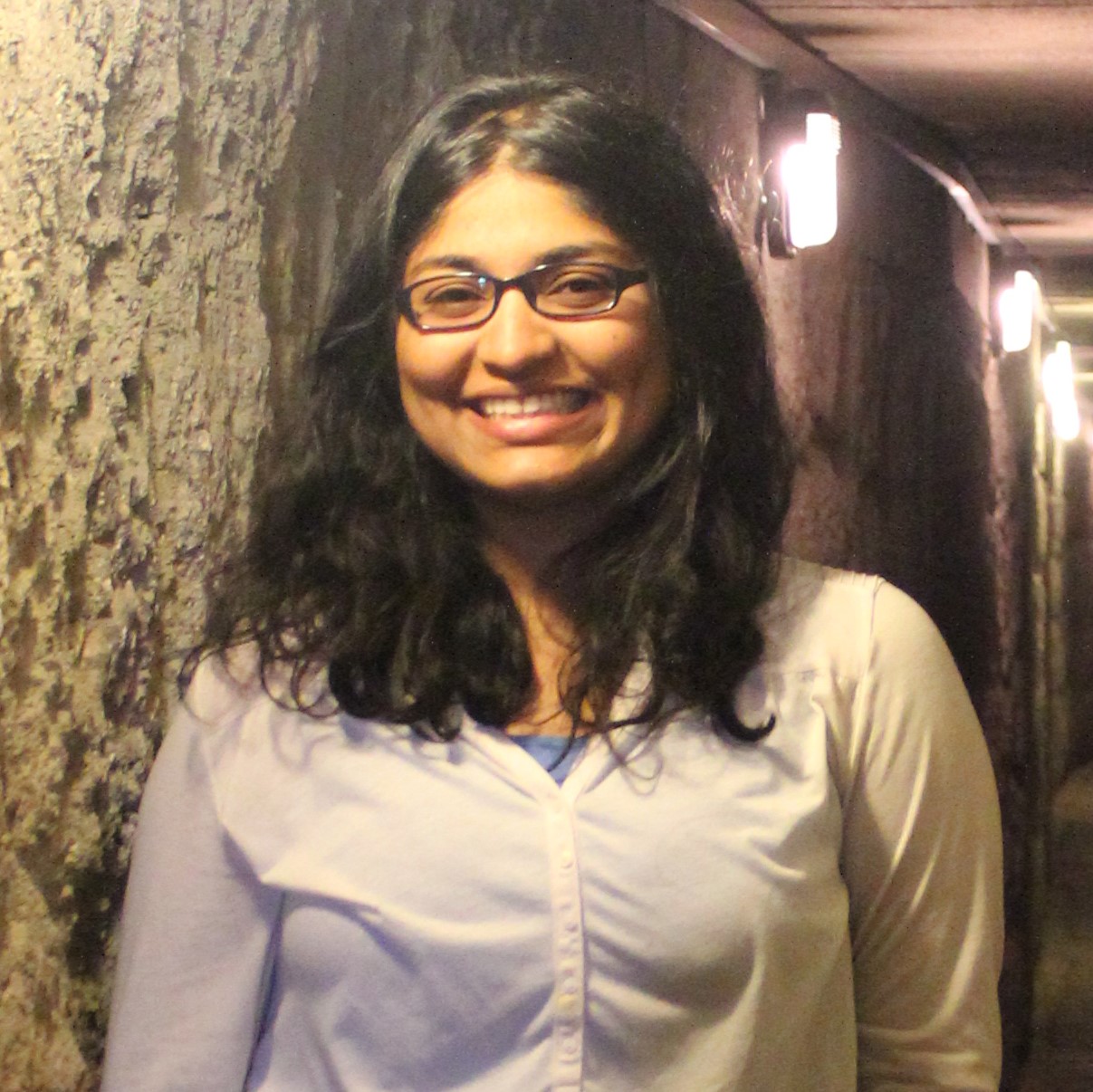
Nityaa Lakshmi Iyer is an architect specializing in heritage conservation and is an alumnus of the Getty Graduate Internship Program. Over the past ten years, she has engaged in conservation, outreach, and capacity-building projects with numerous non-profit organizations worldwide. She is a Bureau EP and associate member of ICOMOS ISC20C.
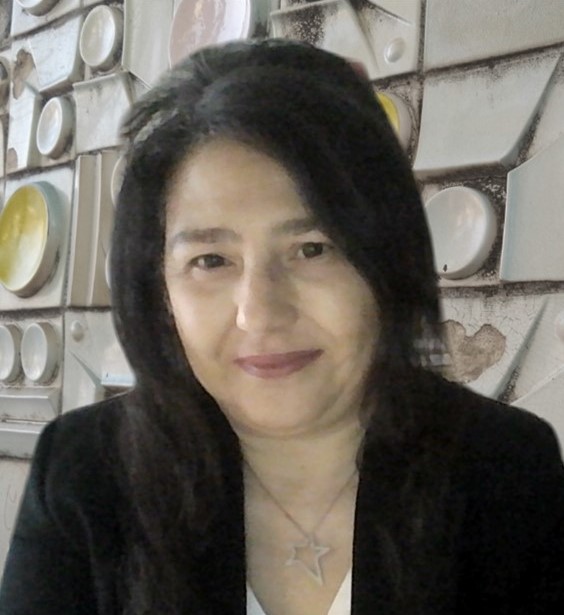
Yıldız Salman is Assistant Professor and teaches architectural conservation at ITU – Istanbul Technical University School of Architecture. She is the co-chair of DOCOMOMO Turkey and member of ICOMOS ISC20C. Her research areas include urban conservation,19th and 20th century İstanbul, conservation of industrial,20th century and modern architectural heritage.
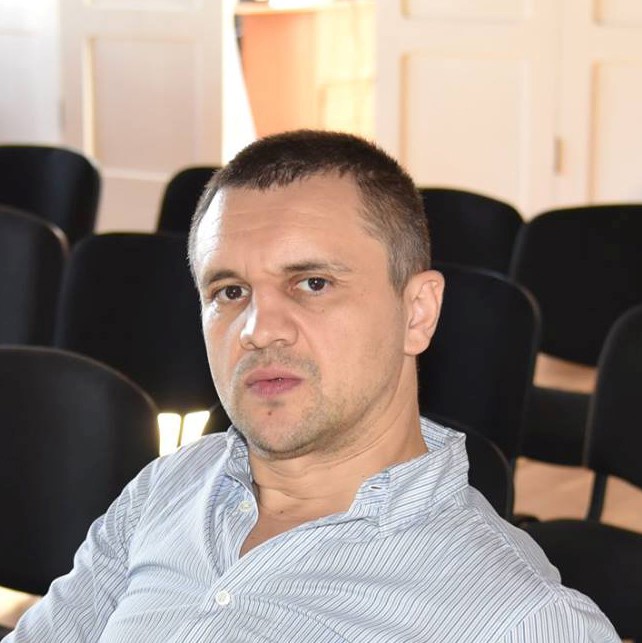
Dumitru Rusu, architect and co-founder of the Bureau for Art and Urban Research, Bucharest, has degrees from ”Ion Mincu” Institute, Bucharest and Babes-Bolyai University, Cluj. He is President of BACU Assoc., ISC20C Vice President, and members of ICOMOS Romania and ICOFORT. His projects such as ”Socialist Modernism”, ”Soc Monumental Art” and ”Defense Architecture”, focus on the listing and protection of 20C buildings, ensembles and architectural objects.
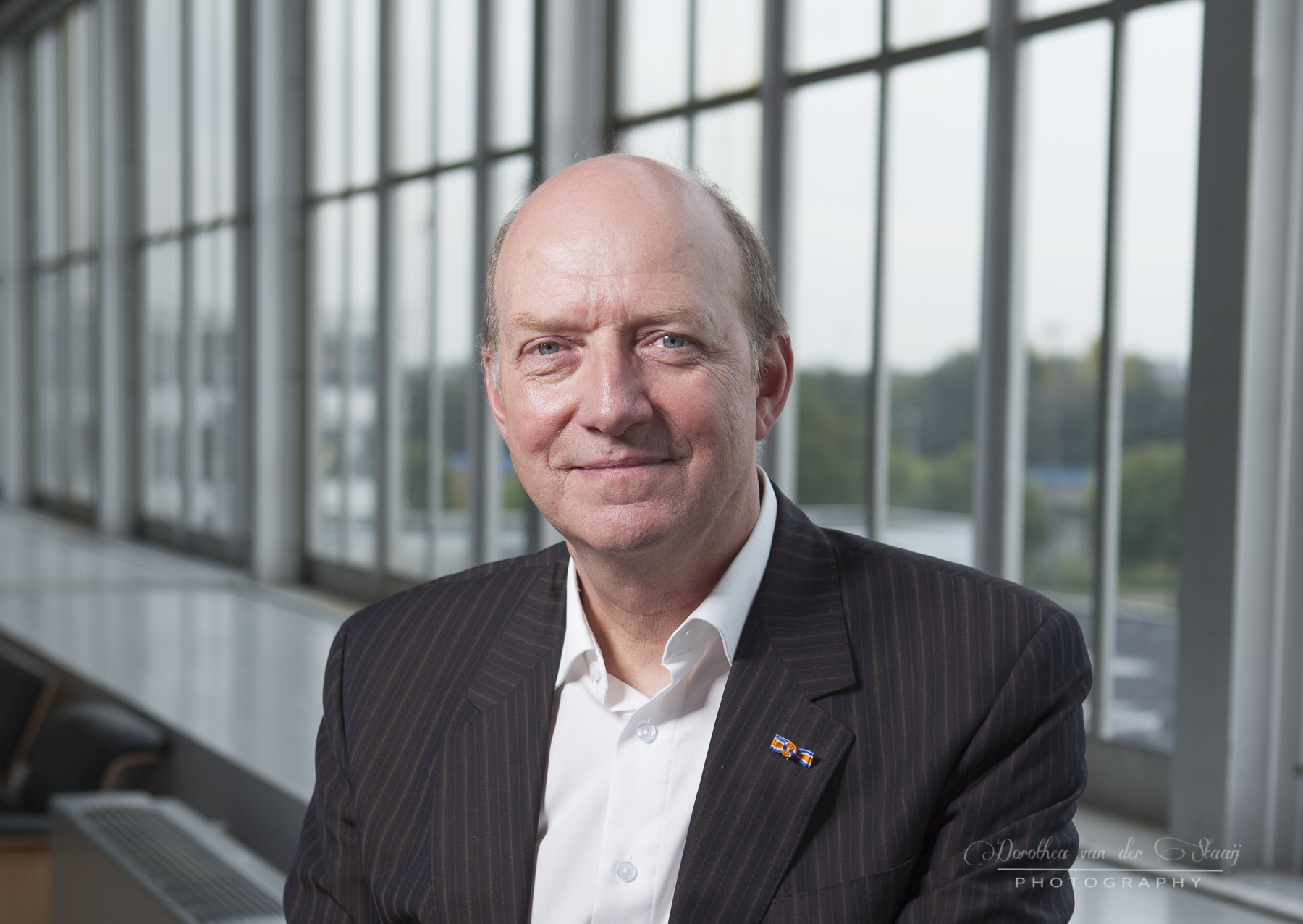
Wessel de Jonge is an architect and a professor of Heritage & Design at TU Delft (NL). Known works are the groundbreaking restoration of Sanatorium ‘Zonnestraal’ (1928) and the Van Nelle Factory in Rotterdam (1928, UNESCO WHL 2014). He was the founding Secretary of DOCOMOMO International, an NGO that stands up for modern heritage.
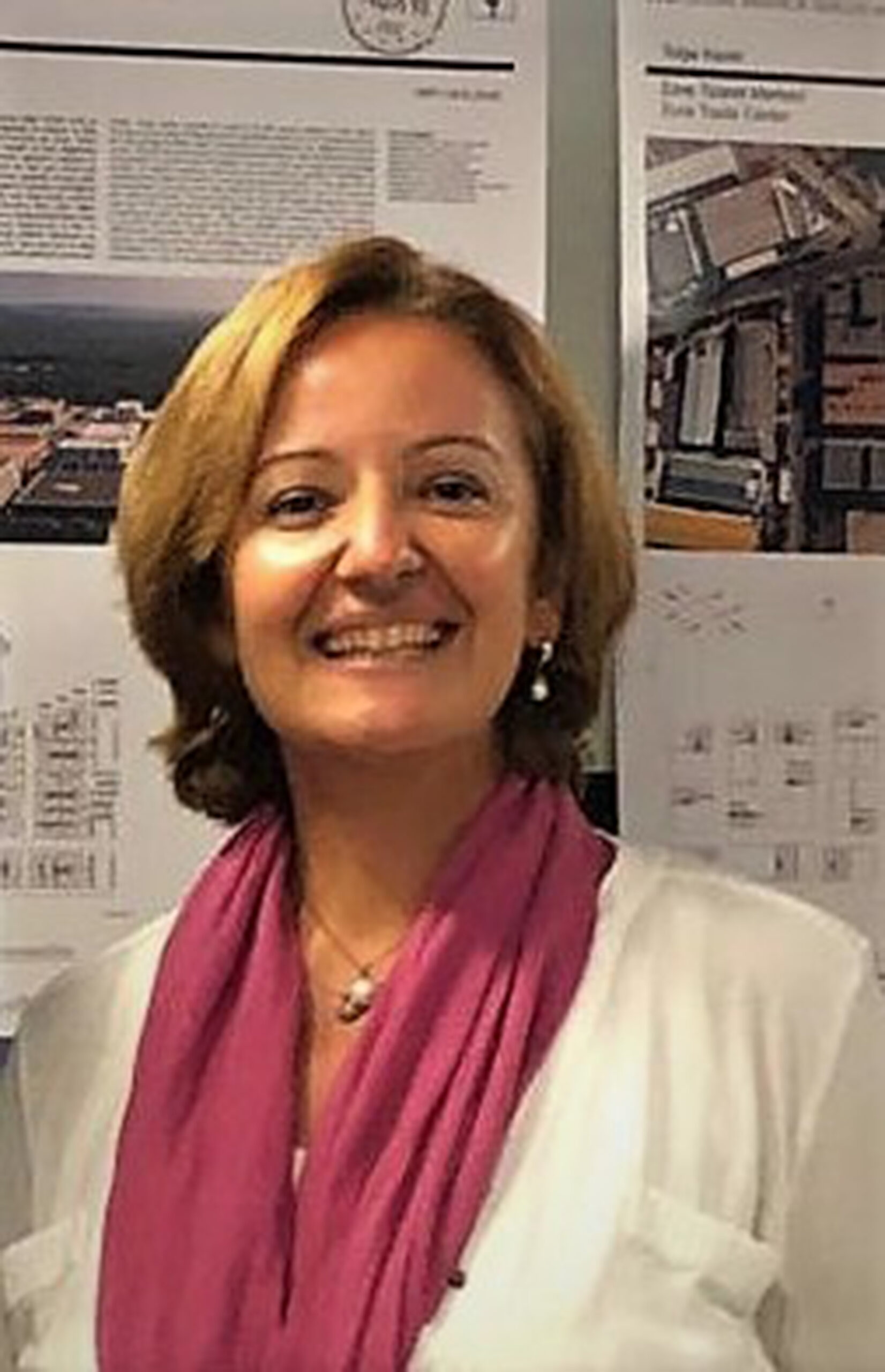
Deniz Özkut is an architect and teaches at Izmir Katip Çelebi University, specializing in conservation and restoration. Her research areas include modern architectural heritage, urban conservation, integrated architectural documentation, and conservation methods. She is a member of DOCOMOMO and ICOMOS.
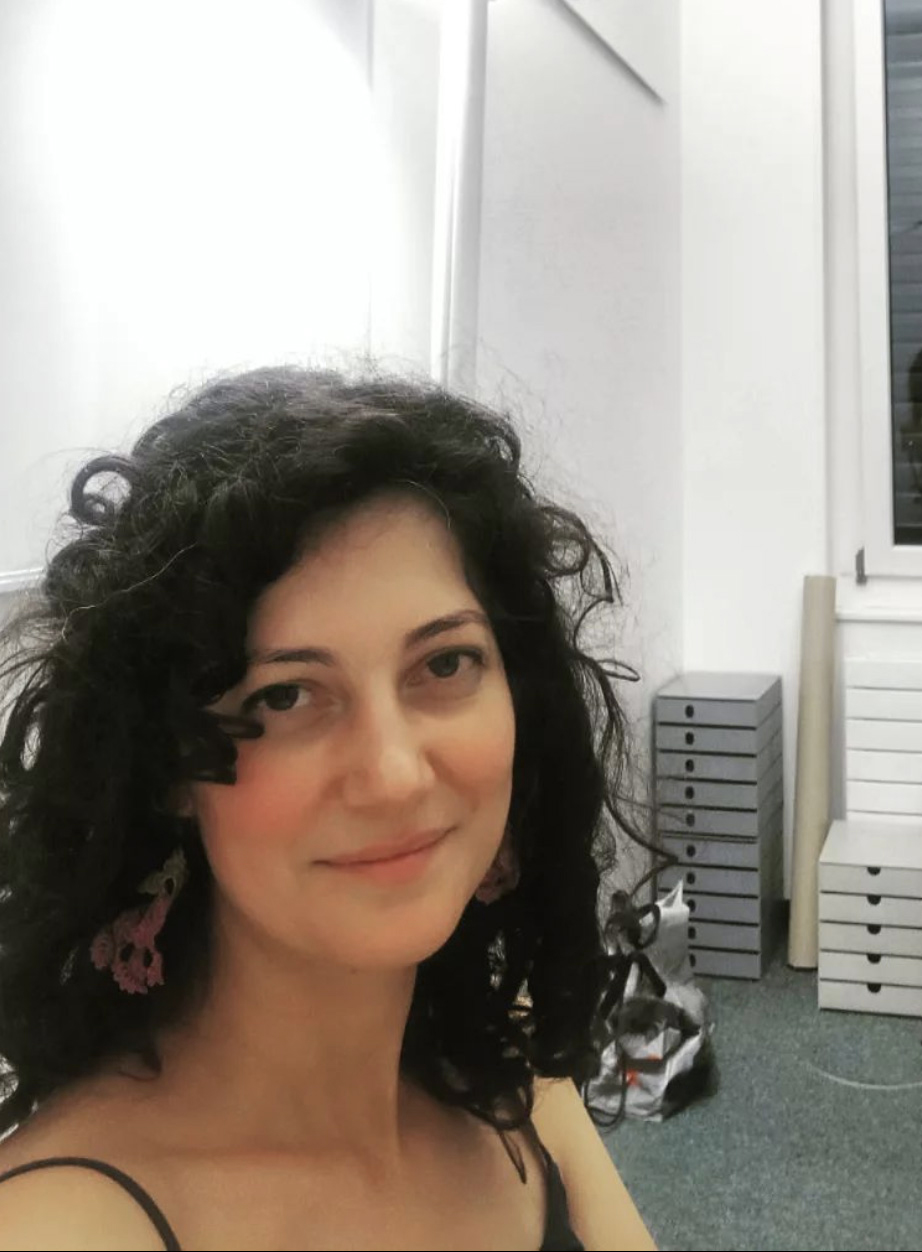
Sıla Karataş is a PhD candidate and doctoral assistant at the Swiss Federal Institute of Technology in Lausanne (EPFL). Trained as an architect at the Middle East Technical University in Ankara, she conducts research on housing in relation to the transnational activity of the Marshall Plan and US-assisted organizations on postwar development, labor affairs and housing.
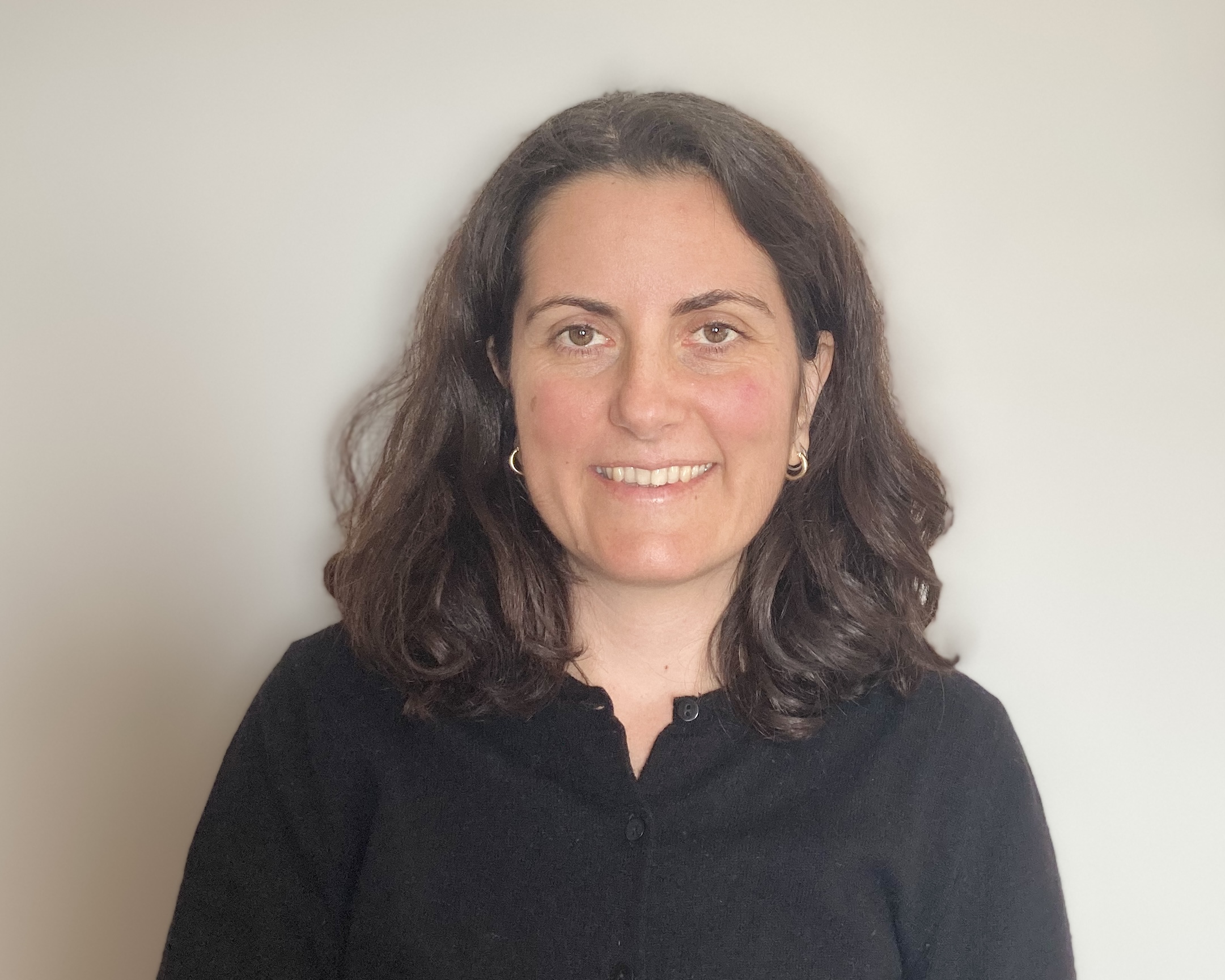
Zeren Önsel Atala trained as a preservation architect, she got her Ph.D. in 2023 from Istanbul Technical University. Her Ph.D. thesis focuses on the conservation of modern architectural heritage of multi-layered Western Anatolian towns. She worked as an academician in different universities between 2012 and 2022. She currently lives in Berlin and is a member of DOCOMOMO and ICOMOS.
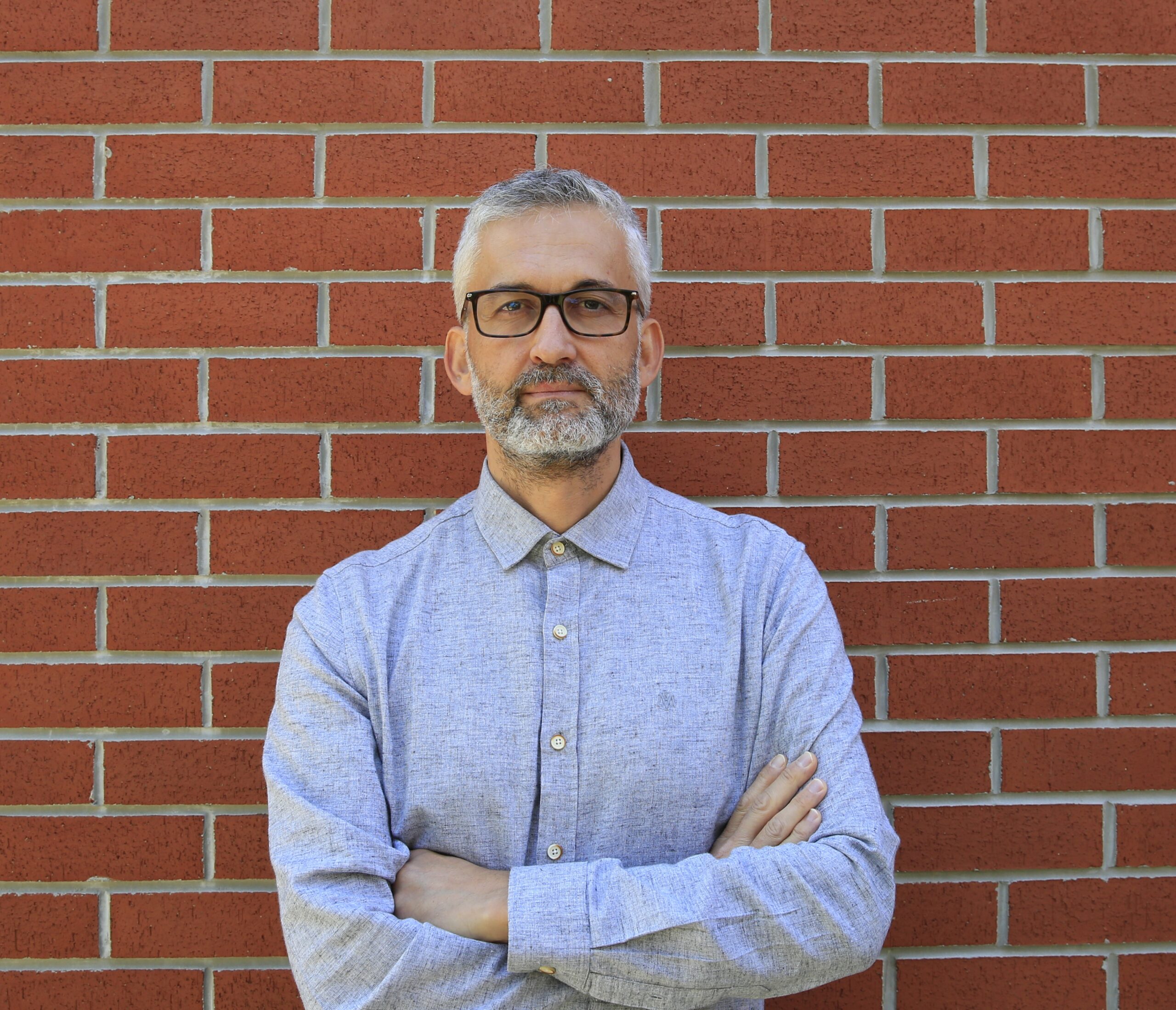
Kıvanç Kılınç teaches in the Architecture Department at Izmir Institute of Technology (IYTE). His current research focuses on the transnational connections and their consequences which shaped contemporary social housing practices in Turkey and the Middle East. Kılınç is the co-editor of Social Housing in the Middle East: Architecture, Urban Development, and Transnational Modernity (Indiana University Press, 2019).
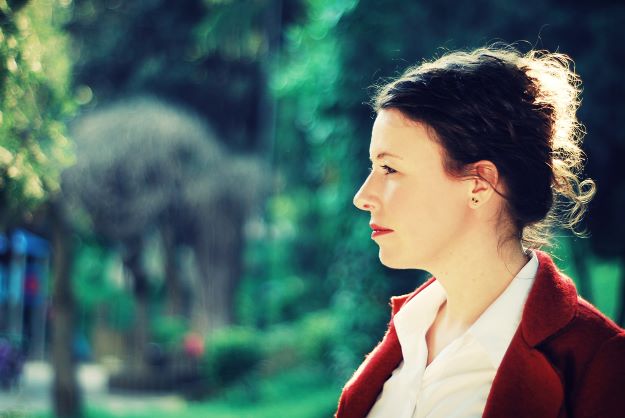
Ebru Omay Polat is Associate Professor at Yildiz Technical University İstanbul, School of Architecture, specialized in the field of conservation and restoration. She is the co-chair of DOCOMOMO Turkey and member of ICOMOS ISC20C. She is the co-organizer of the I. International DOCOMOMO Student workshop in Ataköy settlement, Istanbul.
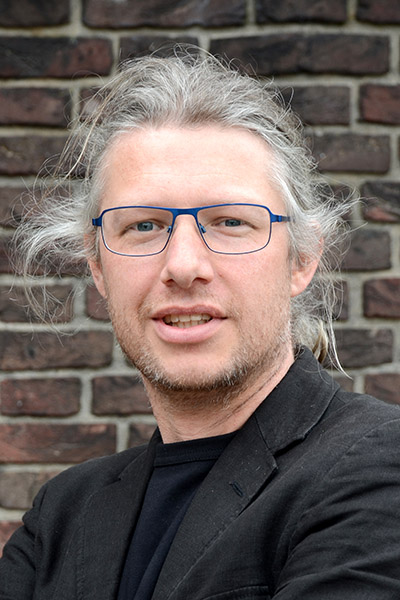
Wido Quist is section leader Heritage & Architecture at TU Delft. He is chairman of DOCOMOMO Netherlands and Secretary General of DOCOMOMO International. His research and education concentrates on the architectural and technical aspects involved in the growing need for the conservation and transformation of buildings and sites, specifically those of cultural significance.
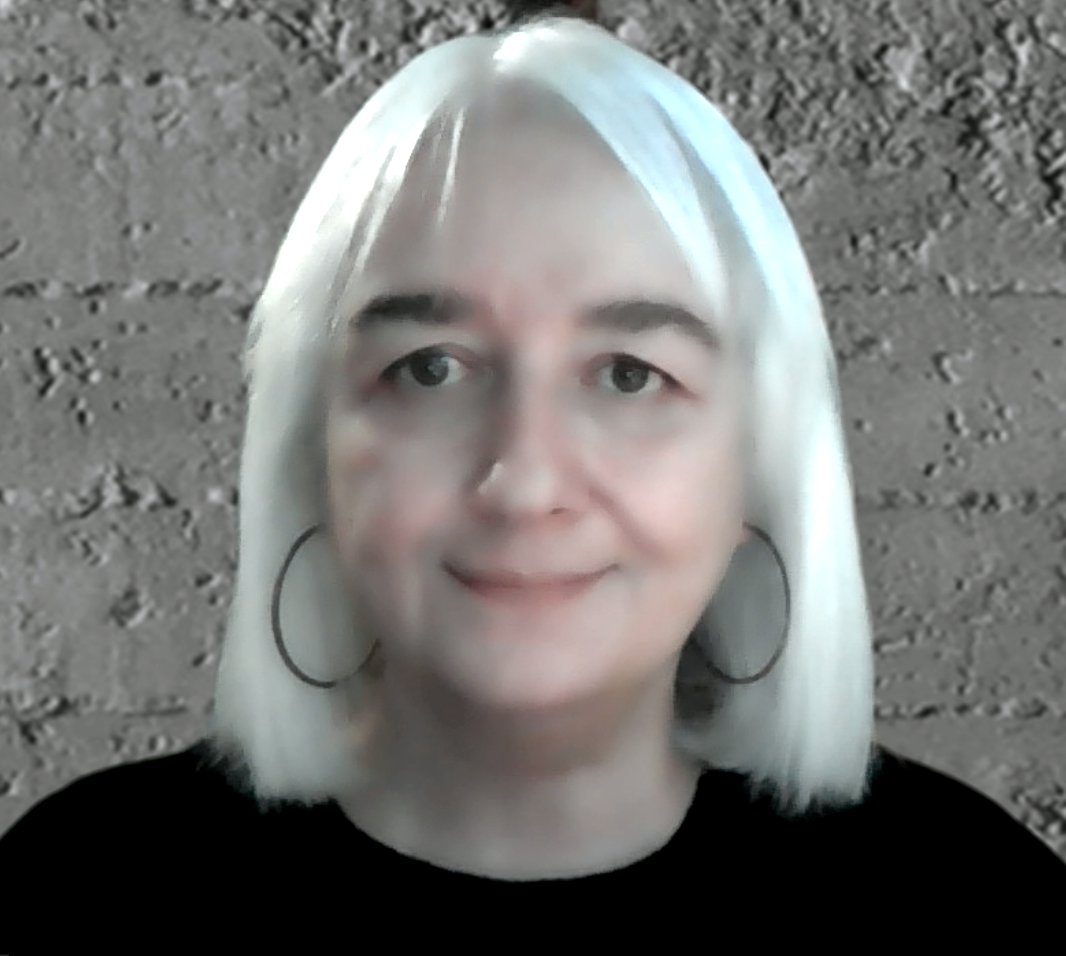
T. Elvan Altan teaches architectural history at Middle East Technical University (METU). She received her BArch and MA in History of Architecture from METU, and her PhD in Art History from SUNY Binghamton. Her research areas include 19th and 20th century architecture, modern architecture, and architectural historiography. She is currently the Ankara representative of DOCOMOMO Turkey.
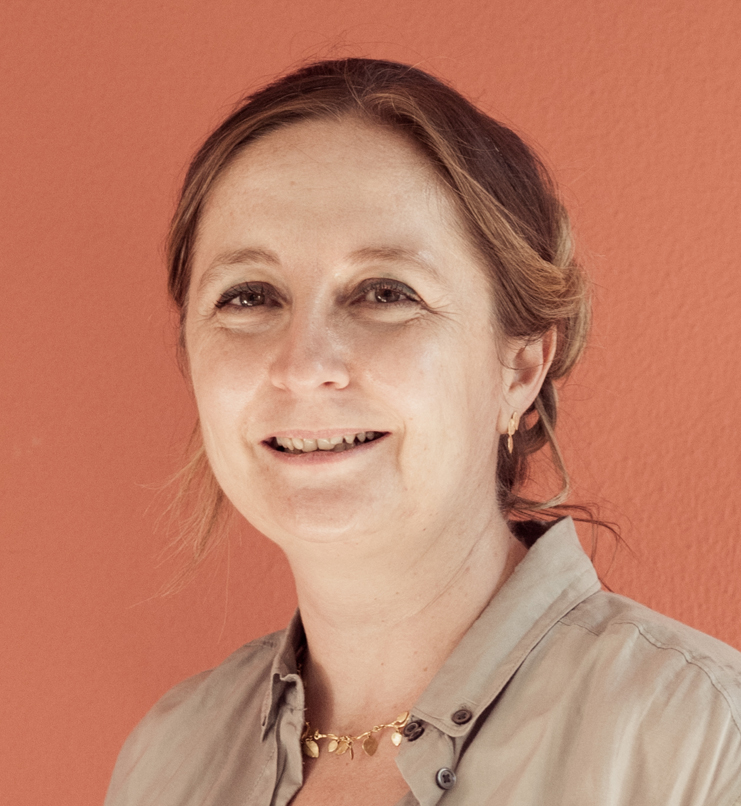
Nilüfer Baturayoğlu Yöney is a professor of architectural history and preservation. She studies survey, documentation and preservation methods, conservation of building materials and technologies, and preservation of modern and industrial heritage. She designed several adaptive reuse projects for AGU. She is a member of DOCOMOMO, ICOMOS, and ISC20C.
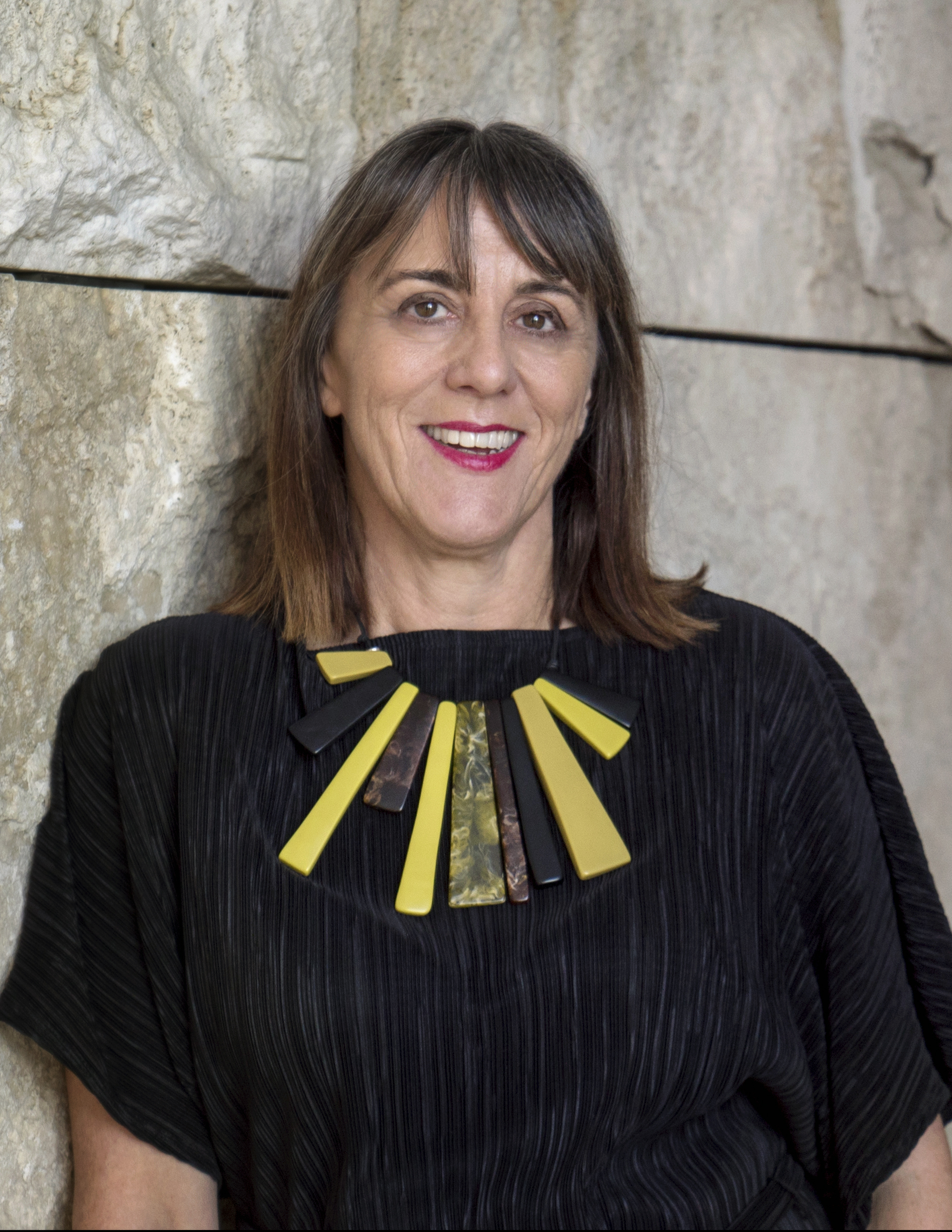
Susan Macdonald, Bsc. (Architecture), B. Arch. MA (Conservation Studies) is Head, Buildings and Sites, at the Getty Conservation Institute where she oversees over 25 projects that aim to advance conservation practice internationally, including the Conserving Modern Architecture Initiative. Susan has been engaged in conserving 20th century heritage for many years, a member of the DOCOMOMO ISC Technology, and a Vice President of ICOMOS’s 20th Century Committee.
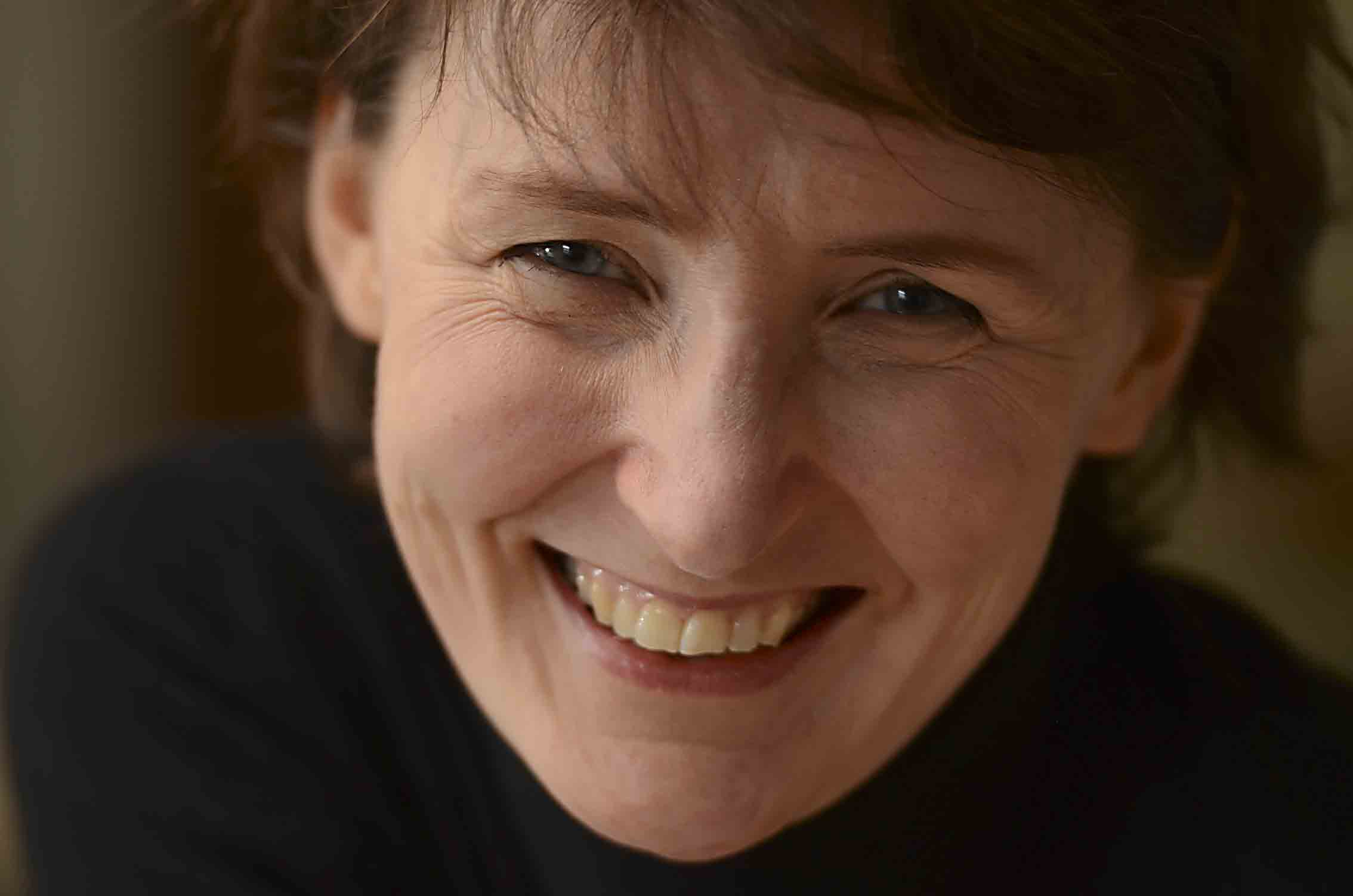
Grethe Pontoppidan is an architect m.a.a. NORDMAK. She runs a heritage consultancy firm based in Copenhagen, Denmark. She has been working with modern heritage and NGOs for more than a decade. Grethe is a Vice President of ISC20C since 2021 and is one of the organizers of the seminar series “Exploring the 20thc Historic Thematic Framework in European Context.”
